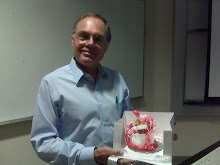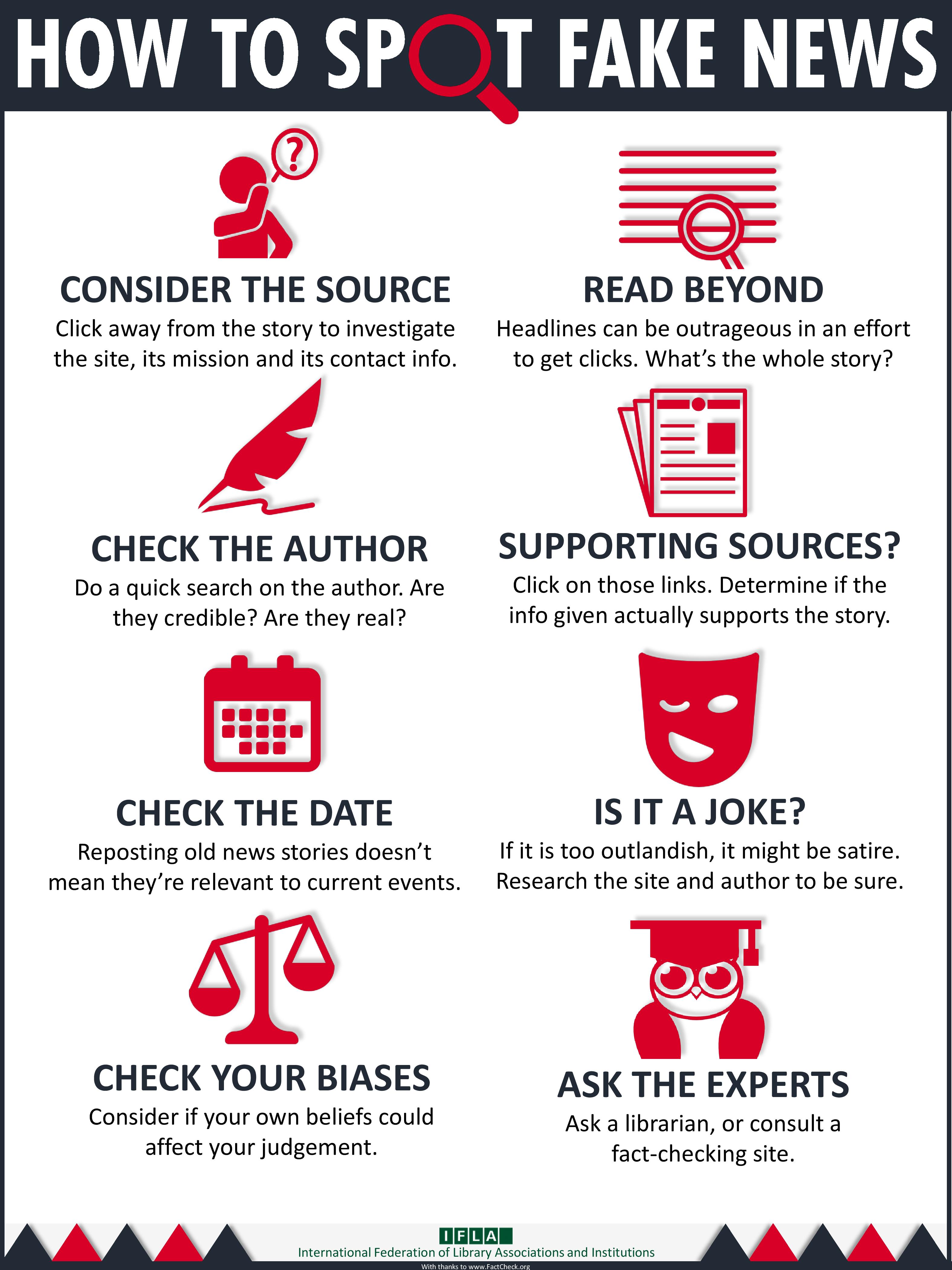Check This!
Despite not having staff writers or an editorial page, Twitter often finds itself at the middle of some whopping free speech arguments. In April, it tried to crack down on false or misleading information about the Coronavirus by fact-checking dubious posts. And recently, it has fact-checked dubious claims in Tweets made by President Trump. Mr. Trump has reacted in characteristic fashion. NPR reports.
Questions...
•What exactly did Twitter do in response to Mr. Trump's Tweet about voting by mail?
•What has Mr. Trump vowed to do in response to Twitter's action?
•What is a larger reason why Twitter has acted now, in May 2020?
Labels: coronavirus, disintermediation, election, ethics, fakenews, firstamendment, internet, socialnetworking



